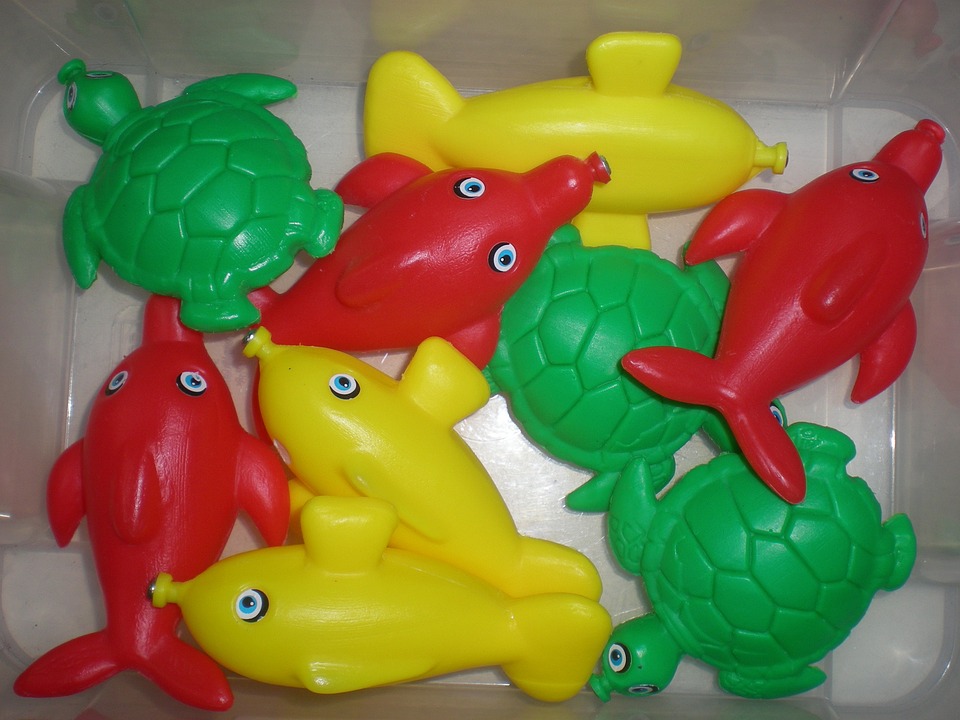Feeding time is a crucial aspect of fish care that can greatly impact the behavior and well-being of your aquatic pets. As an avid fish enthusiast and SEO expert, I conducted an observational study to explore the effects of feeding time on fish tank behavior. In this article, I will share my findings and provide valuable insights on how to optimize feeding routines to promote healthy fish behavior.
Understanding the significance of feeding time is the first step in improving fish tank behavior. Feeding time can influence various aspects of fish behavior, including activity levels, social interactions, and overall health. By establishing a consistent feeding routine, you can provide your fish with a sense of security and stability, which can positively impact their behavior.
Nutrition also plays a vital role in fish health and behavior. Providing a balanced diet is crucial for maintaining optimal health and promoting positive behavior. Different types of fish food, such as pellets, flakes, and live or frozen foods, offer various benefits. It is important to understand the nutritional needs of your fish species and choose appropriate food options accordingly.
To conduct the observational study, I carefully selected fish species that were suitable for observation. Factors such as compatibility, size, and behavior were considered to ensure accurate observations. Additionally, I set up a controlled feeding environment by monitoring variables such as water temperature, lighting, and tank cleanliness. This ensured that the observations were not influenced by external factors.
The study findings revealed interesting insights into the impact of feeding time on fish tank behavior. Feeding time significantly affected activity levels, with fish displaying heightened activity during feeding. The correlation between feeding time and overall fish tank activity was evident, emphasizing the importance of a consistent feeding routine in promoting active behavior.
Feeding time also influenced social behavior within the tank. Fish interactions and hierarchy were observed during feeding, with some fish displaying aggression, dominance, or territorial behavior. These observations highlight the role of feeding time in shaping social dynamics among fish.
Furthermore, the study found a connection between feeding time and fish health indicators. Observations on fish weight, growth, and disease prevalence showed that feeding time can influence the overall health of fish. A well-balanced diet and consistent feeding routine were found to promote healthy growth and reduce the risk of disease.
To optimize feeding time for healthy fish tank behavior, consistency is key. Establishing a regular feeding schedule and feeding fish at the same time each day can provide a sense of routine and stability. It is also important to avoid overfeeding, as it can lead to obesity, poor water quality, and behavioral issues. Monitoring individual needs and tailoring feeding routines to suit the specific requirements of each fish species is crucial for promoting optimal health and behavior.
In conclusion, feeding time has a significant impact on fish tank behavior. By optimizing feeding routines and considering the individual needs of your fish, you can create a harmonious and thriving aquatic environment. Consistency, balanced nutrition, and careful monitoring are key factors in promoting healthy fish behavior. So, make sure to establish a regular feeding schedule and provide a well-balanced diet to keep your fish happy and thriving.









